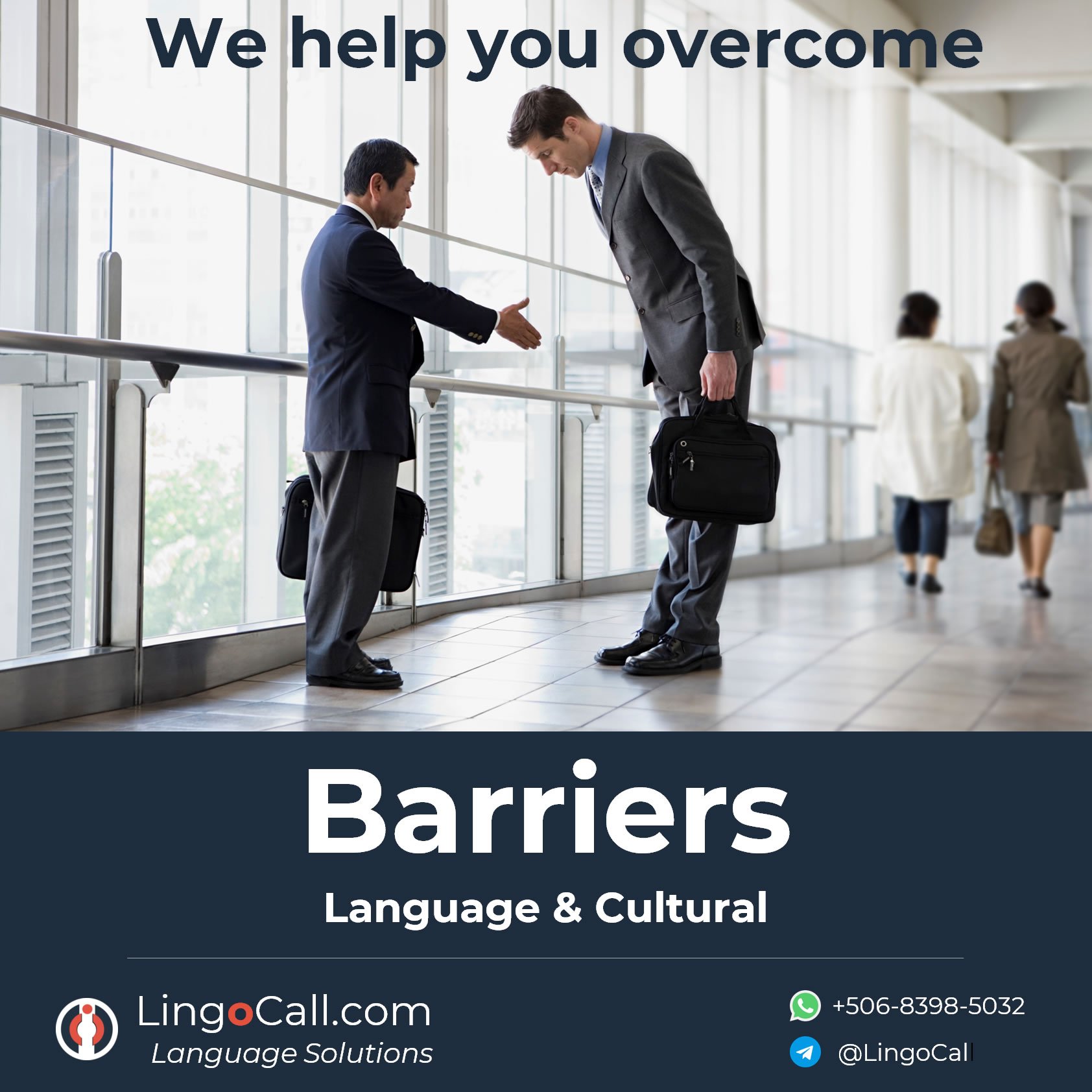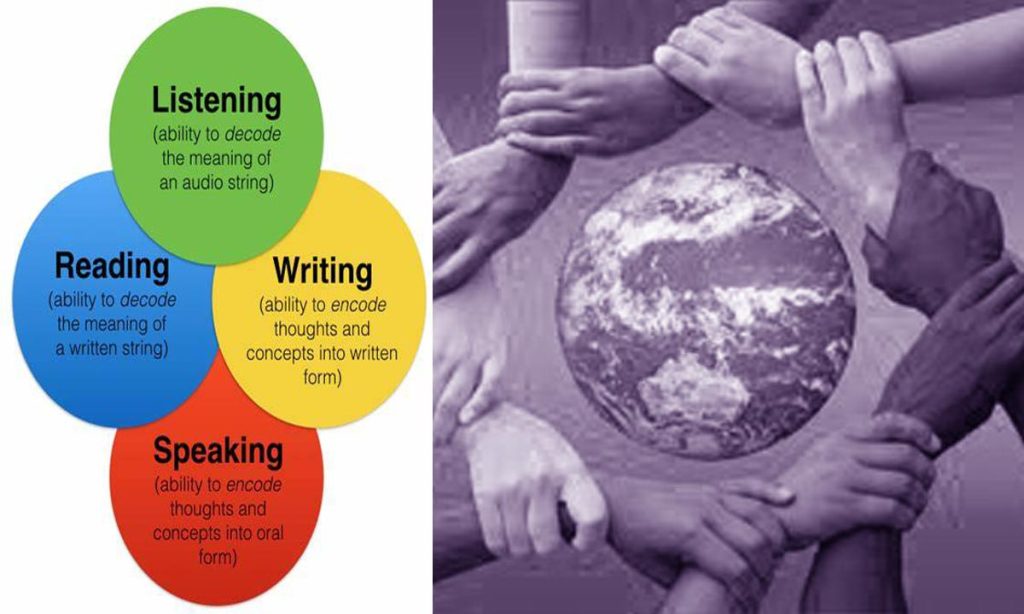

Overcoming language barriers when asking for help at destinations is a common concern for travelers, especially when exploring unfamiliar territories. This concern can significantly impact your experience and lead to frustration. However, with proper preparation and the right tools, you can easily navigate these hurdles and ensure a smooth and enjoyable trip. This guide will explore effective strategies for overcoming language barriers when asking for help at travel destinations, covering everything from essential phrases to practical apps and local support systems. The structure of this article is as follows: basic phrases, leveraging translation tools, employing body language, understanding local customs, and utilizing third-party assistance.
Essential Phrases for Basic Communication
Learning Basic Phrases
Language learning is a continuous process, and for travelers, mastering the fundamentals can significantly improve your interactions with locals. Learn essential phrases for asking for directions, ordering food, expressing gratitude, and seeking assistance in emergencies. Basic phrases like ‘excuse me’, ‘thank you’, ‘please’, ‘where is the bathroom?’, and ‘I need help’ can dramatically improve your experience. A well-prepared traveler will often anticipate potential problems and learn the words necessary to make requests easier.
Utilizing Phrasebooks and Language Learning Apps
Comprehensive phrasebooks can provide practical vocabulary for different scenarios, including ordering food, asking for directions, and expressing needs in different situations. These resources are invaluable for travelers venturing to destinations with languages they don’t speak fluently. Moreover, various language learning apps provide convenient access to interactive lessons, pronunciation guides, and practice exercises. Apps like Duolingo, Babbel, or Memrise can offer specific phrases in different contexts, proving extremely helpful during your travels.
Leveraging Translation Tools
Translation Apps
With advancements in technology, translation apps have become invaluable tools for travelers. These apps can translate text in real-time, often with accurate pronunciations. Apps like Google Translate, Microsoft Translator, and others can translate words, phrases, and even entire sentences in a variety of languages. The real-time translation aspect enables spontaneous interactions with locals and quickly helps understand signs or menus.
Online Dictionaries and Resources
Online dictionaries and travel guides offer a wealth of information to assist travelers when navigating unfamiliar territories. These resources provide detailed explanations of words, phrases, and cultural context. With online access, travelers can easily understand cultural nuances and local customs. Many online resources and guides offer extensive information about various customs, and their importance in effective communication.
Employing Body Language and Understanding Local Customs
Body Language Clues
In many cultures, body language plays a crucial role in communication. Nonverbal cues such as gestures, facial expressions, and eye contact can significantly enhance or hinder your interactions with locals. Knowing how to appropriately nod, smile, or make hand gestures can make the difference between a positive interaction and miscommunication.
Cultural Nuances
Understanding cultural nuances is also essential in effectively communicating. Different cultures have different norms and customs regarding communication styles, so consider the local customs. Learn what gestures are acceptable, appropriate ways to approach people, and what can be considered as offensive in their culture. These factors can greatly influence your interactions with locals and aid in successfully navigating cultural differences.
Utilizing Third-Party Assistance
Local Guides
For complex situations, or when you require assistance with more than basic needs, consider hiring a local guide. A local guide can provide valuable insights into local customs and traditions while offering translation and navigation support.
Tours and Pre-arranged Services
Booking tours or arranging transportation and accommodations in advance, especially for extensive travel, can be helpful in overcoming language barriers. Pre-arranged assistance removes the stress of language barriers and ensures clear communication at all points of the journey. These services can guarantee a seamless experience, providing invaluable support and translating complex needs.
Handling Difficult Situations
Maintaining a Positive Attitude
Maintaining a positive attitude is key in any challenging situation. Being polite and respectful, even when facing difficulties, can help bridge communication gaps. Express your appreciation for any assistance received. Remember that effective communication is a two-way street.
Seeking Assistance from Hotels or Tourist Information Centers
Hotels and tourist information centers often have staff proficient in multiple languages, which can be incredibly valuable for navigating difficulties. They offer a reliable point of contact for assistance in various situations. A helpful staff can readily support your needs and concerns. They can also provide guidance on resources available or support systems within the area.
In conclusion, overcoming language barriers when asking for help at destinations requires preparation, adaptability, and resourcefulness. Learning basic phrases in the local language, utilizing translation apps, and engaging with locals are key strategies. Remember that clear communication is paramount, and a positive attitude can go a long way. For seamless assistance, consider booking tours or hiring a local guide, especially for complex situations. By implementing these tips, you can confidently navigate foreign environments and access the support you need. Ready to embark on your next adventure without language worries? Download our free phrasebook now!